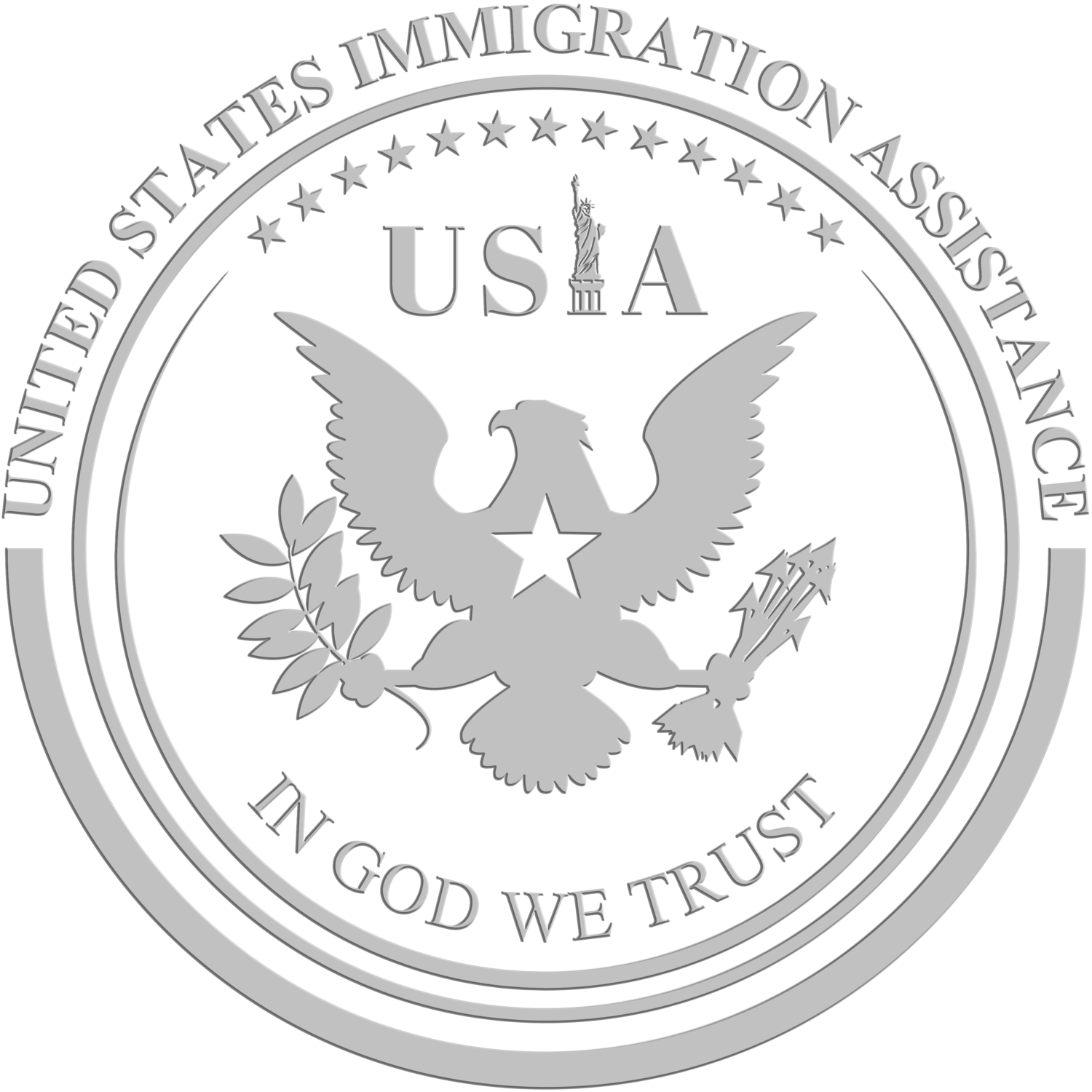The Department of Homeland Security (DHS) has published a document titled “Termination of Parole Processes: Cubans, Haitians, Nicaraguans, and Venezuelans”, (link here) announcing the end of the humanitarian parole programs previously offered to nationals of these four countries.
🔹 Effective Date: The termination will take effect 30 days after publication in the Federal Register, meaning parole and associated employment authorization will end on April 24, 2025.
🔹 Key Details:
Employment Authorization Documents (EADs) issued under these programs will no longer be valid after the termination date.
Parolees must depart the U.S. if they do not have another lawful basis to stay.
🔹 Enforcement Priorities: DHS has clarified that it intends to prioritize for removal of those individuals who:
Have not properly filed an immigration benefit request (with the required fee or waiver request) before the publication of this notice, such as an application for asylum, adjustment of status, Temporary Protected Status (TPS), or T/U nonimmigrant visas; and
They are not the beneficiaries of an immigration petition properly filed by someone else on their behalf, such as a family-based petition or employment-based petition.
📌 IMPORTANT: Individuals who have already obtained another lawful immigration status or are beneficiaries of a pending immigration petition are not required to leave the United States due to this termination.
🔹 Legal Concerns Raised: According to a report by the Miami Herald, the administration has stated that people who entered through the humanitarian parole program will have their adjustment of status applications put on hold. Immigration attorneys have expressed confusion and concern over how individuals could be blocked from seeking asylum, even when they may have valid claims under U.S. and international law.
📖 Read the full article here:
👉 Miami Herald – Immigration Policy Controversy
🔹 Who Is Affected: This policy change impacts over 530,000 individuals who entered the U.S. under the CHNV parole processes and were granted temporary legal presence and work authorization.
📢 Next Steps: If you or someone you know is a current CHNV parolee, we strongly encourage you to
- Consult with a qualified immigration attorney to explore legal options and
- File any necessary applications As Soon As Possible.
✨ At your service:
Our dedicated team provides professional, non-lawyer assistance with document preparation for immigration filings. If you need support gathering the correct paperwork, completing immigration forms, or organizing supporting evidence, we are here to help — with care, precision, and commitment to your peace of mind.

